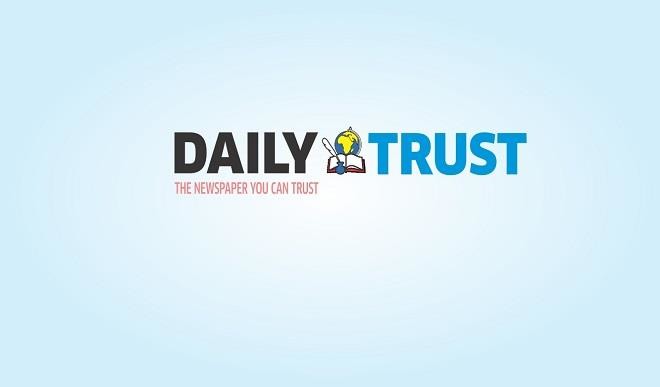Shared prosperity in financial inclusion
Today in Nigeria, access to mobile telecommunications has reached over 125 million Nigerians and still growing. While the telco subscription has been phenomenal in terms of reach and penetration, it has become difficult to translate these successes to financial services reach. A significant population of rural and economically-deprived Nigerians remain underserved and financially-excluded. This is […]


Today in Nigeria, access to mobile telecommunications has reached over 125 million Nigerians and still growing. While the telco subscription has been phenomenal in terms of reach and penetration, it has become difficult to translate these successes to financial services reach. A significant population of rural and economically-deprived Nigerians remain underserved and financially-excluded. This is largely due to limited financial services access points which is a function of the huge investment required to build and sustain brick-and-maortar bank branches. From a profitability standpoint, it is prohibitive to run physical bank branches across the rural and semi-urban parts of Nigeria. Beyond the costs, consumer behaviors are changing rapidly and bank branches are gradually giving way to convenient, self-service electronic channels that are not constrained by boundaries.
In the same vein, most service providers have come to terms with the fact that retail services or mass market is a play built around the last-mile. Consequently, the demand for convenience, scale, expansive distribution network and lower operational costs have continued to be of high interest to financial institutions and non-financial institutions alike. Unfortunately, the existing financial services infrastructure is grossly inadequate to address these needs. A case in point is the power sector, which has huge potentials to impact the Nigerian economy like the Telcos but currently struggling on many fronts, including inadequate metering and collection points. Like the Telcos, the Discos need an adequate network of touchpoints to unlock the huge potential and realize the benefits of the investments deployed in revamping the sector. This has become an age-long challenge that needs timely intervention, hence the quest for a viable agent network.
In recent times, a few players in the industry have taken the bull by the horns by leveraging the proliferation of mobile phones and digital channels to deploy far-reaching retail financial solutions that are targeted at serving largely the unreached population. The financially-underserved population now rely on emerging paradigms in financial access point development such as agent networks and payment aggregators for access to basic services like no-frills bank accounts or wallets, funds transfer (send and receive money), cash-in (cash-deposit), cash-out (cash withdrawal), savings, micro credit, micro-insurance and even lifestyle services like betting, lottery and gaming. Interestingly, in every difficulty lies opportunities for the strong-willed and discerning visionaries. Quickteller Paypoint, the first fully-established Super-Agent network in Nigeria is at the forefront of this quest.
Having operated for barely one year, Quickteller Paypoint has rapidly grown its agent network to over 7,500 independent agents across Nigeria. This feat is attributable to its rich blend of depth, reach and attractive offerings. Quickteller Paypoint understands the pain points of the underserved and unbanked Nigerians and is designed to digitize cash and commoditize access to financial services. Its value proposition cuts across entrepreneurs, artisans, small shop owners, traders, supermarkets, trade associations, retail chains, government agencies and service providers.
Quickteller Paypoint is premised on shared prosperity which is an interesting platform for economic growth. In the simplest terms, it can be translated to mean “mutual growth”. Shop owners or existing businesses can earn additional income by adding an array of payment services to their existing bouquet. Commercial and microfinance banks, Telcos, Cable TV providers, Betting companies, Discos, Insurers, Government Agencies etc can deepen penetration for their business by expanding into communities that hitherto, were relatively unreachable.
Back in April 2017, three top Quickteller Paypoint agents were recognized and rewarded with cash prizes and all-expense paid trips to Kenya. While in Kenya, the star agents will attend training on capacity development, financial acumen and advanced digital financial services courtesy of Quickteller Paypoint. Other agents at the maiden edition of the Star Agent forum were recognized and rewarded with generators, TV decoders, standing fans and rechargeable fans to boost their businesses. The forum is designed to engage the agents directly, understand their overall experience and reward outstanding performance.
Digital channels with physical manifestations would continue to revolutionize how customers access financial products with an expected impact on the industry landscape. The focus cuts across multiple payment paradigms including person-to-government payment flows, while trying to understand merchant pain points around retail transactions and optimizing the service industry payment value chain. Partnership with major players remains critical to fostering the desired value realization for all stakeholders. The ultimate vision is to mine the immense potential and create a more inclusive financial environment.
Mike Ogbalu III is Divisional CEO at Interswitch
